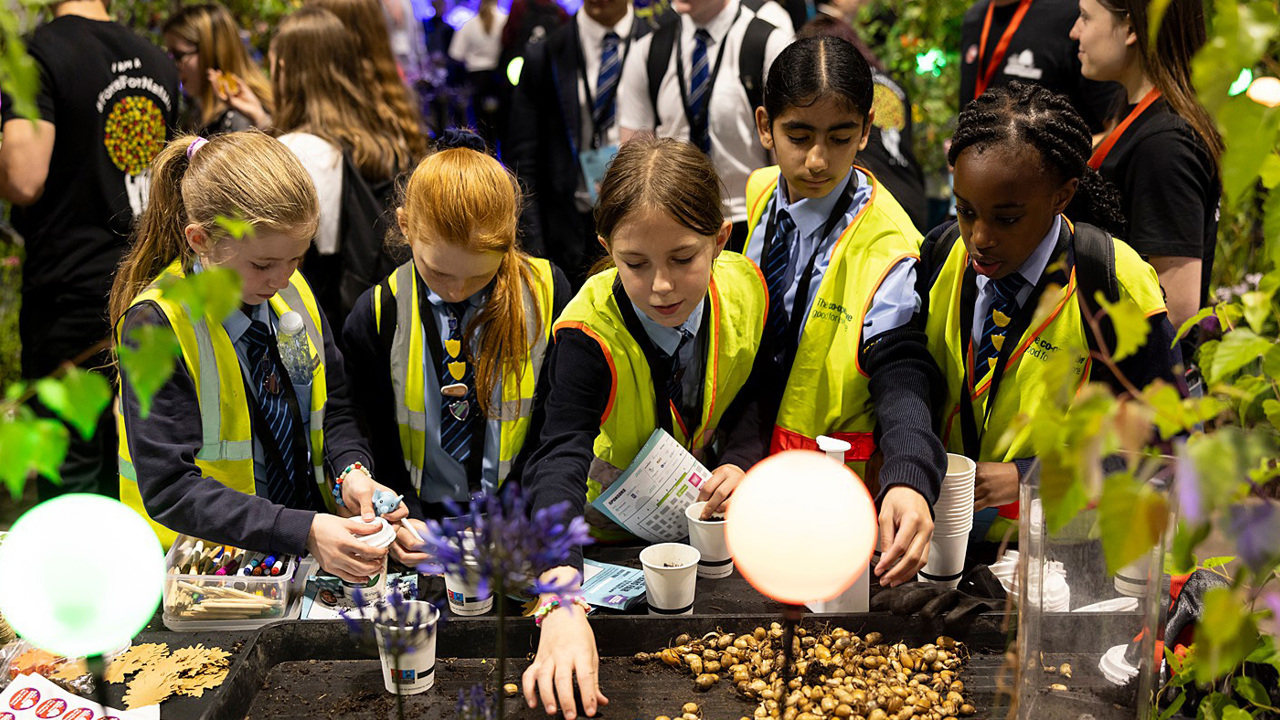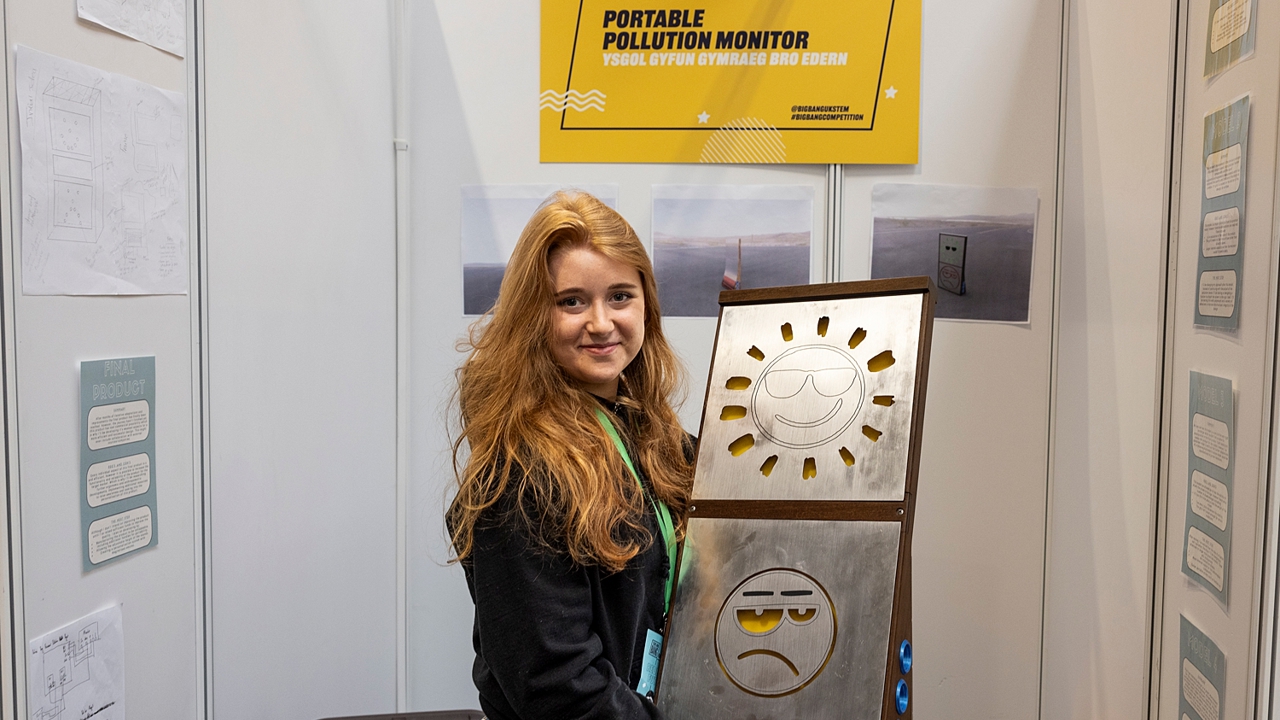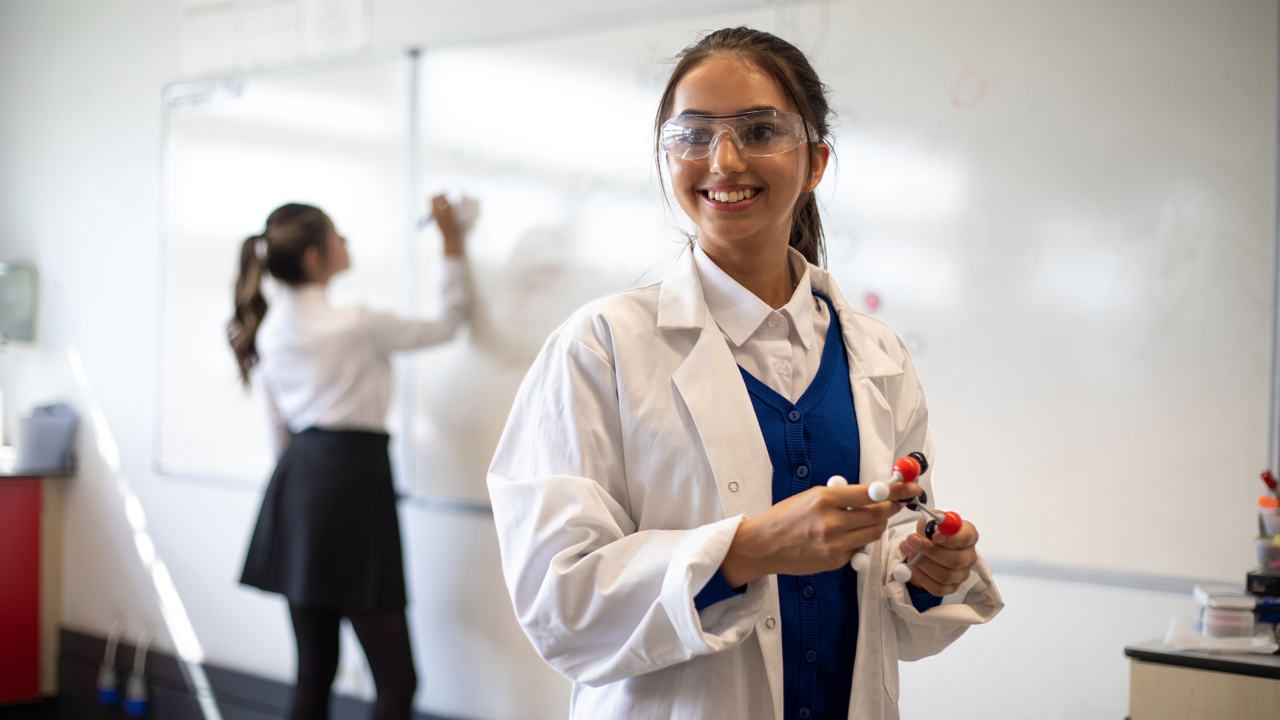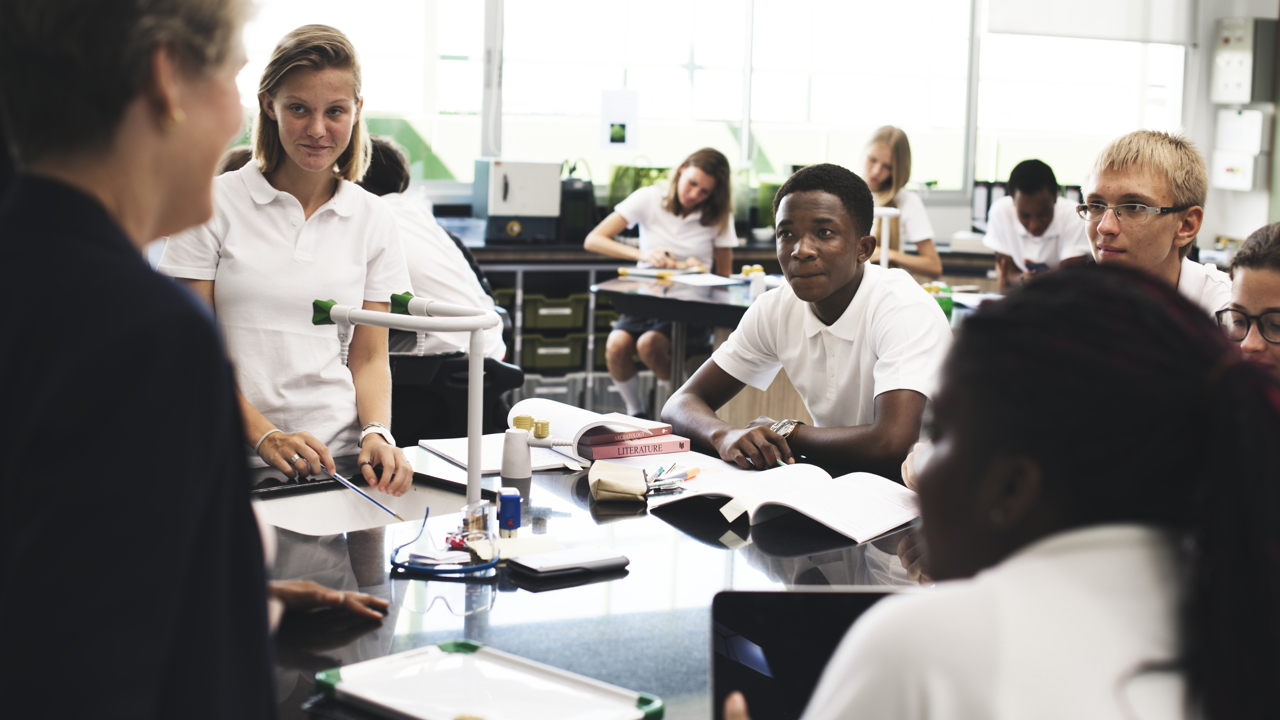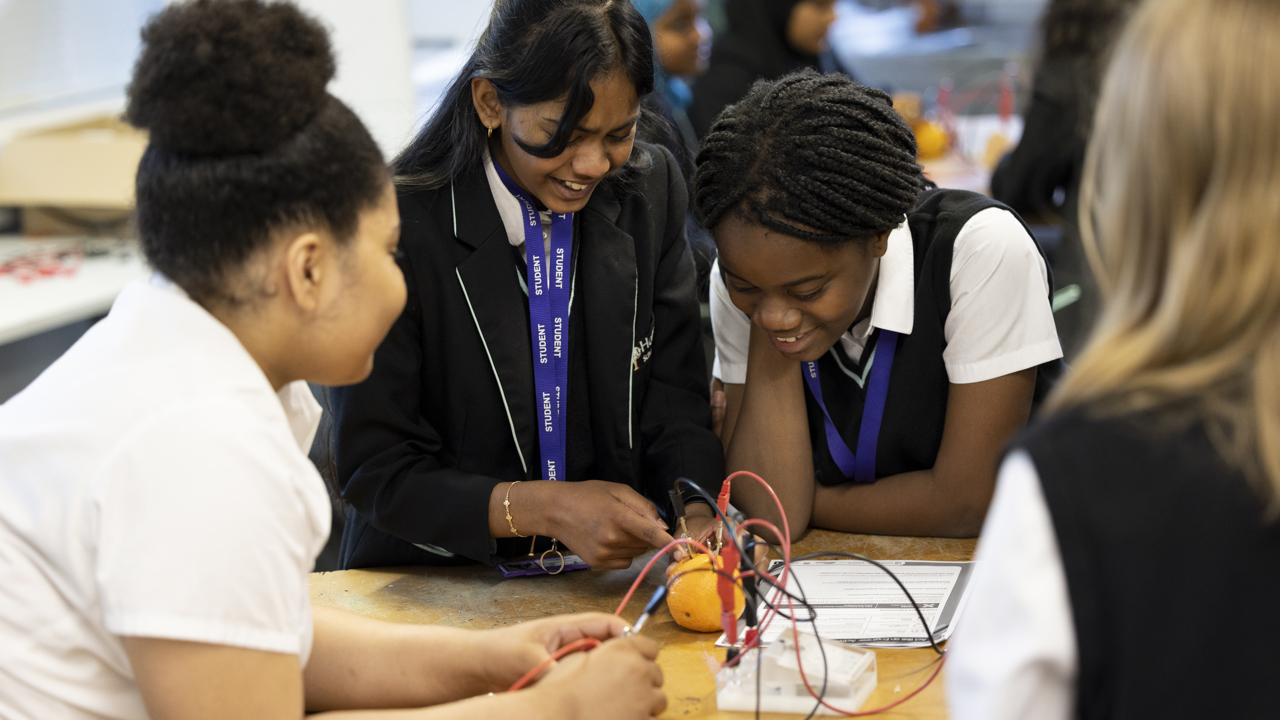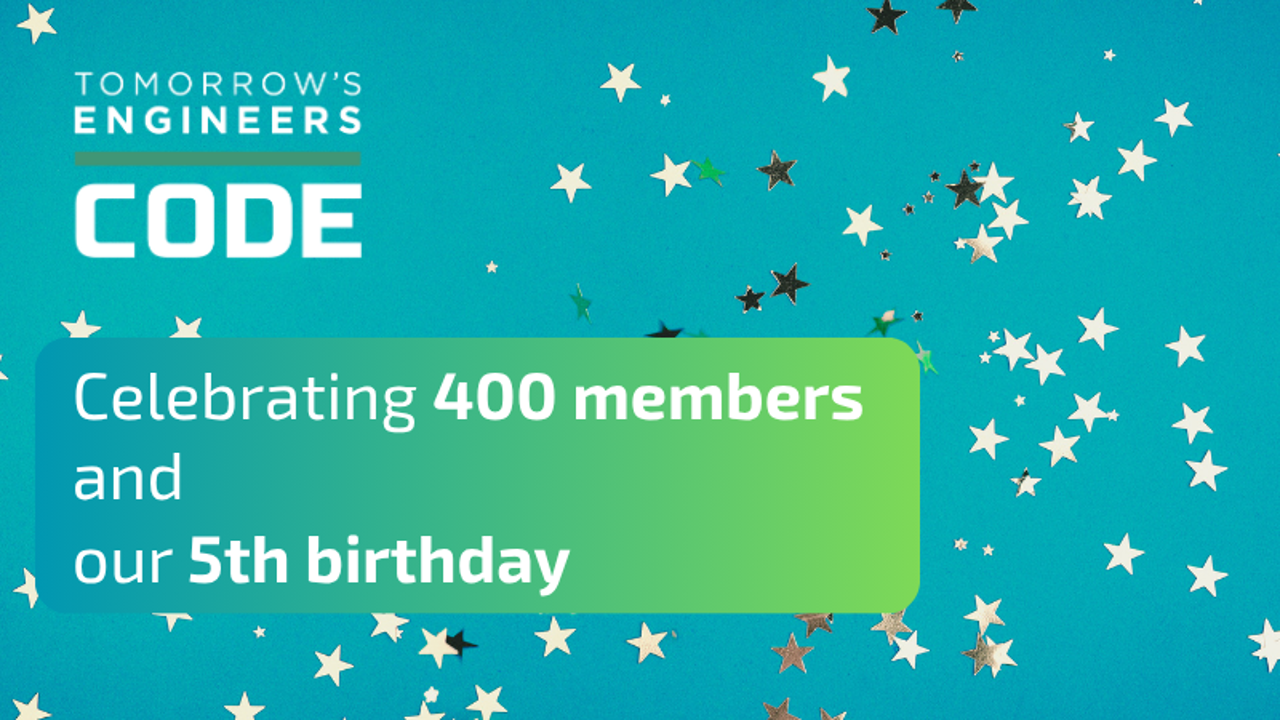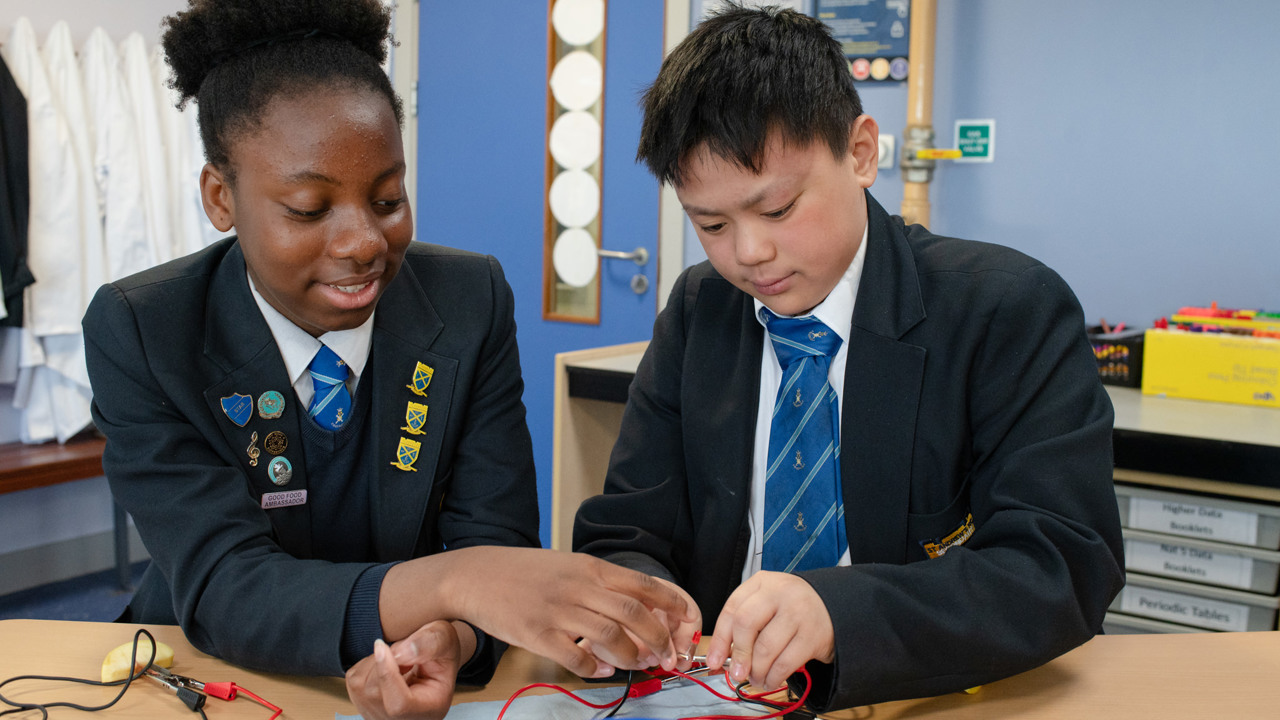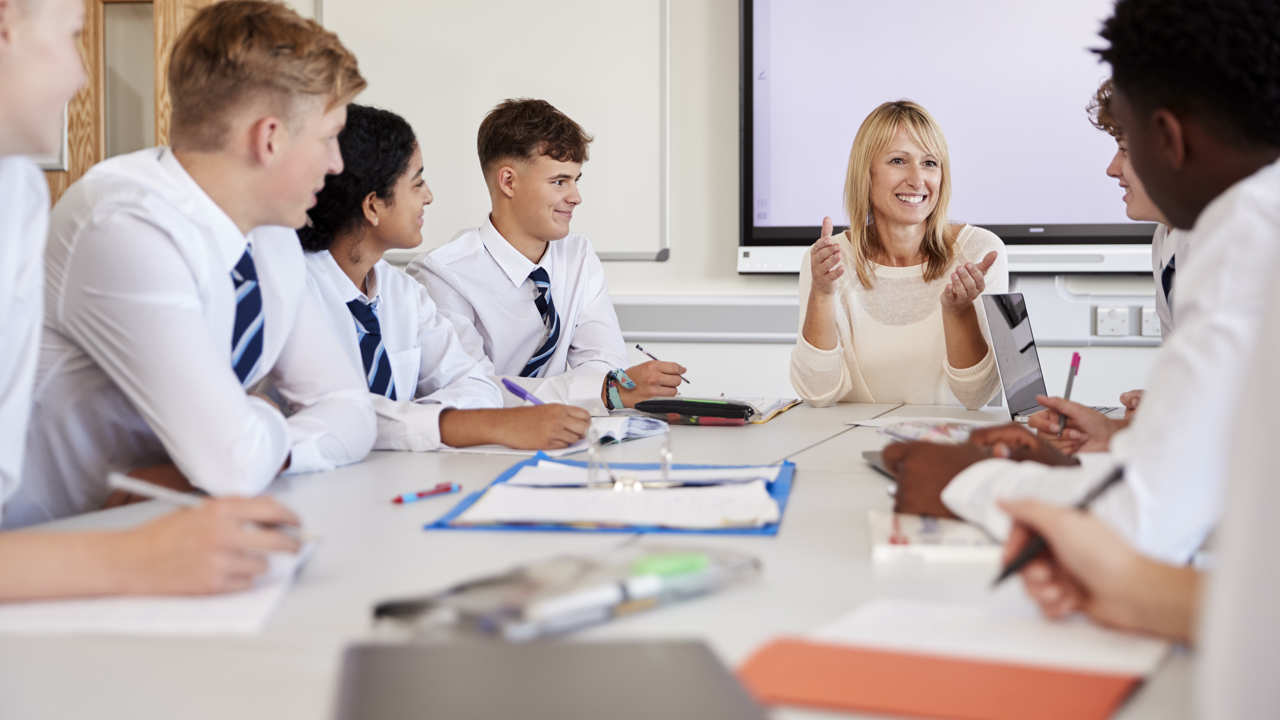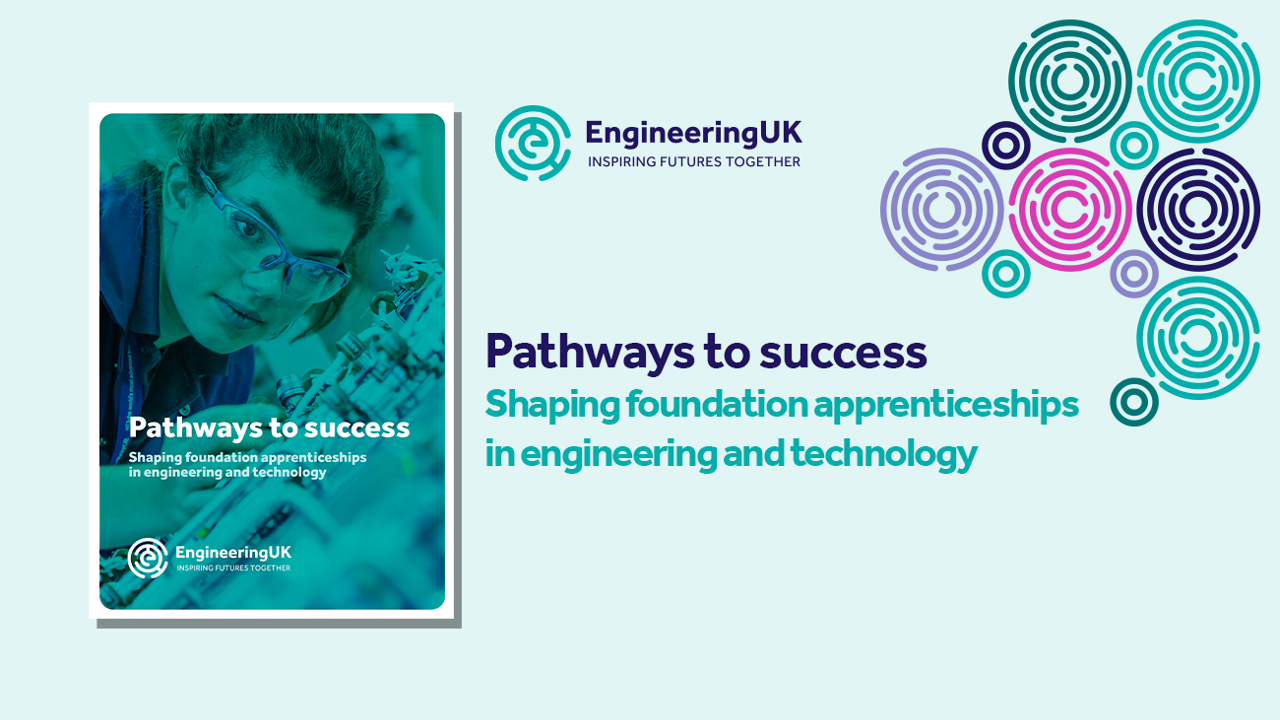- The winners of The Big Bang Competition have been announced today, including the new UK Young Scientist, UK Young Engineer and UK Young Technologist of the Year, supported by Siemens
- Young people’s winning projects include an automatic pill dispenser, an alternative telecommunications system for emergency communications in rural areas, and an investigation into the physics behind karate
The winners of The Big Bang UK Young Scientists & Engineers Competition have been announced today, including the top awards of the new UK Young Scientist, UK Young Engineer and UK Young Technologist of the Year, supported by Siemens. Held at The Big Bang Fair, the awards ceremony followed a day-long showcase of impressive young talent.
The Big Bang Competition, run by charity EngineeringUK, is a nationwide competition for young engineers, scientists and technologists aged 11 to 18, which recognises and rewards talented young innovators. There are a range of awards and prizes up for grabs, with the top 3 winners each receiving £1,000 prize money.
UK Young Engineer of the Year 2025
Aaron Lord, a year 12 student from Greenhead College in Yorkshire, was awarded UK Young Engineer of the Year for his project ‘Autopill’. Inspired to support those taking regular medication, particularly people with dementia and memory difficulties, Aaron created an automatic pill dispenser. Using mechanics, electronics and computer-aided design (CAD), the ‘Autopill’ allows users to insert their pills for the week and includes a pulsing light and bleeping noise to signal that pills are ready to take. The impressive device also includes a health monitoring component which can track users heart rate and oximetry when placing their finger on a sensor.
Aaron commented “I’m thrilled to accept this award – it’s incredible! The Competition has been a brilliant experience from start to finish. It allowed me to take something that I thought was a good idea and turn it into something tangible.”
UK Young Scientist of the Year 2025
Alice Morrish, a year 10 student from Invicta Grammar School in Kent, was crowned UK Young Scientist of the Year for their project ‘Quantum Karate’. Combining her 2 passions, Alice’s science project explores the physics behind karate to provide a better understanding of the sport.
Alice explains, “The wider aim of this research is to improve accessibility in karate and give developing athletes a better understanding of their training, by showing them how to compensate for differing abilities or skills sets using physics, overall improving their performance and allowing a larger range of abilities to find success within the sport. I want to demonstrate that science is applicable to real life.
“To other young people thinking of entering The Big Bang Competition, I’d say go for it!”
UK Young Technologist of the Year 2025
The UK Young Technologist of the Year, supported by Siemens, has been named as Muhammad Shah, a year 13 student from Queen Elizabeth's School Barnet in London, for their project ‘Icarus’. Inspired by his love of the outdoors and trekking, Muhammad created an alternative telecommunications system for low-cost and effective emergency communications in remote areas.
Mark Wood, Social Sustainability Lead at Siemens GB&I, commented "Congratulations to The Big Bang UK Young Technologist of the Year, supported by Siemens! This year the competition was intense but Muhammad stood out with his decentralised communication system, which avoids reliance on cellular or satellite networks and has great opportunities for search and rescue, leisure and other business uses. Muhammad demonstrated independent learning and great communication and presentation skills and is a worthy winner of the prize!
“The Big Bang Competition is a great opportunity to demonstrate ingenuity and creativity within technology and how technology is essential across business and our lives, including to support digitalisation and sustainability.”
Muhammad, who was unable to attend the awards ceremony due to A Level exams, is due to be presented the award later this month at his school’s design showcase.
Dr Hilary Leevers, EngineeringUK Chief Executive, said “Huge congratulations to all our winners, who have shown impressive creativity, knowledge and drive as they have worked on their projects. I hope they, and all the runners-up, are proud of their achievement. There are so many opportunities for them to continue with STEM in education and training and then in the workplace. I’m sure they have a bright future ahead.”
Other winning projects include an AI-based programme for cancer diagnosis, a menopause cooling stick, a facemask that converts pollutants and the design for a remote-controlled machine that uses nanotechnology to clean up oil spills in the ocean.
To find out more and discover all the winners of The Big Bang Competition 2025 visit: www.thebigbang.org.uk/competition-winners
To find out more about The Big Bang Fair, which is running at Birmingham’s NEC from 17 June to 19 June 2025, visit: www.thebigbang.org.uk/the-big-bang-fair/
--ENDS--
Notes to editors
For media queries please contact our media team.
About EngineeringUK
EngineeringUK is a not-for-profit organisation that drives change so more young people choose engineering and technology careers. Our mission is to enable more young people from all backgrounds to be inspired, informed and progress into engineering and technology.
We work closely with our Corporate Members and in partnership with hundreds of organisations. We lead collaborative efforts to improve the impact of all engineering and tech inspiration and careers activities for young people through Tomorrow’s Engineers and managing The Tomorrow’s Engineers Code.
We ignite a passion for STEM among young people from all backgrounds through EUK Education and our school engagement programmes such as The Big Bang. Our careers resources help teachers bring STEM to life through real-world engineering and tech stories via Neon.
Our research and evidence build insight into the current workforce and our future needs. And our evaluations build understanding of what really works to inspire and inform the next generation. We also advocate for policy development in STEM and careers education and workforce planning for engineering and tech.

